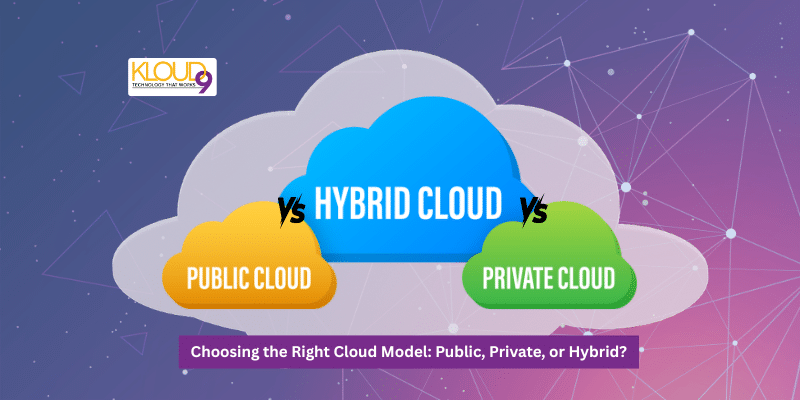Understand the key differences between public, private, and hybrid cloud models and discover which cloud deployment fits your business’s unique security, cost, and scalability needs.
- Columbus: (614) 702-7700
- Cleveland: (216) 393-2484
- Akron/Canton: (330) 685-9100
Choosing Between Public, Private, and Hybrid Cloud Solutions
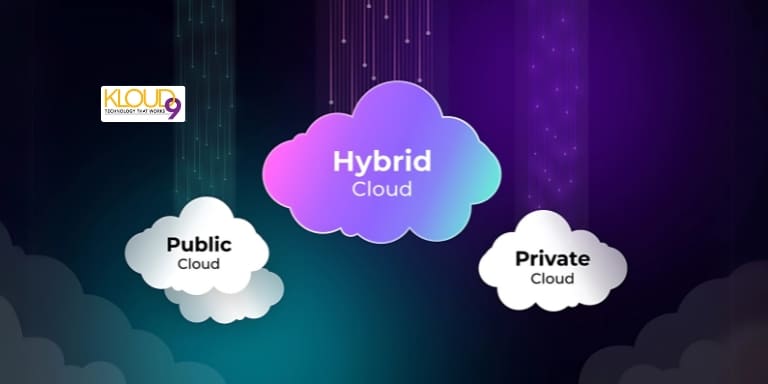
Choosing the right cloud computing solution can be tricky, especially with options like public, hybrid, and private clouds seeming attractive. However, one thing is sure about cloud computing: one size never fits all. Businesses have various needs, and the type of cloud solution you choose for your business can greatly influence operations.
The Future of Cloud Computing: Trends Every Business Should Watch

Today's cloud computing transforms the pathway to business innovations, operations, and competition. As small and large businesses navigate the ever-improving, intricate digital landscape, business owners must either follow the trend or understand the concept of cloud computing and what to expect in the future.
What Are The Security Risks Associated With Cloud Computing, And How Can They Be Mitigated?
Cloud Computing for Startups: Why It’s the Best Solution for Scaling
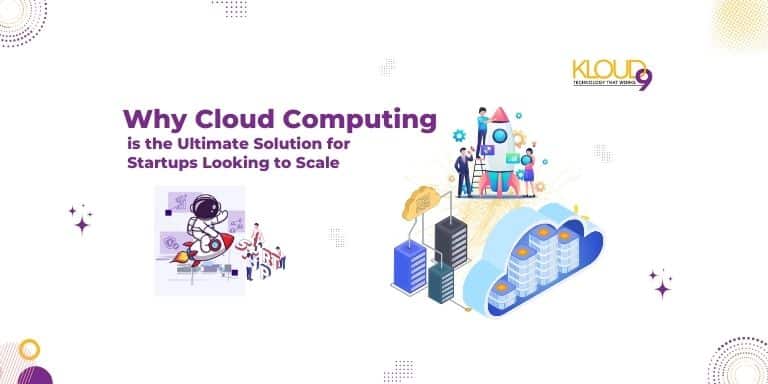
Startups are constantly looking for efficient ways to grow and scale their businesses. One of the most powerful tools at their disposal is cloud computing. Cloud computing services transform how startups and small businesses function by offering unparalleled flexibility, reduced costs, and streamlined operations.
Top Benefits of Migrating to Cloud Servers for Your Business
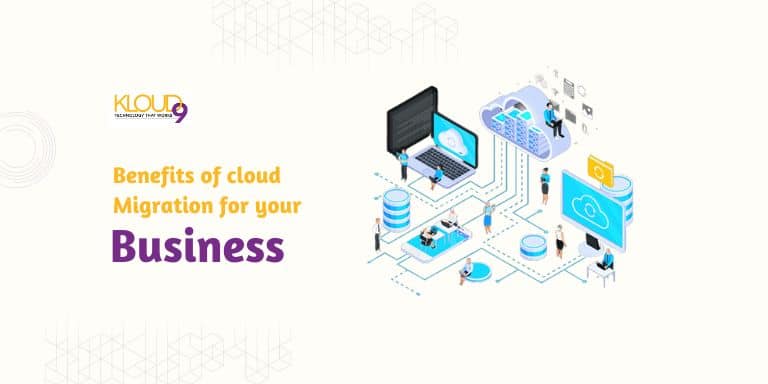
As businesses continue to evolve in an increasingly digital landscape, the shift to cloud server solutions has become more than just a trend—it's a strategic move that offers numerous advantages. Migrating to cloud server hosting can significantly enhance your business operations, from improving scalability and cost-efficiency to ensuring better security and collaboration.
Public Cloud vs. Private Cloud: Which Is Right for Your Business?
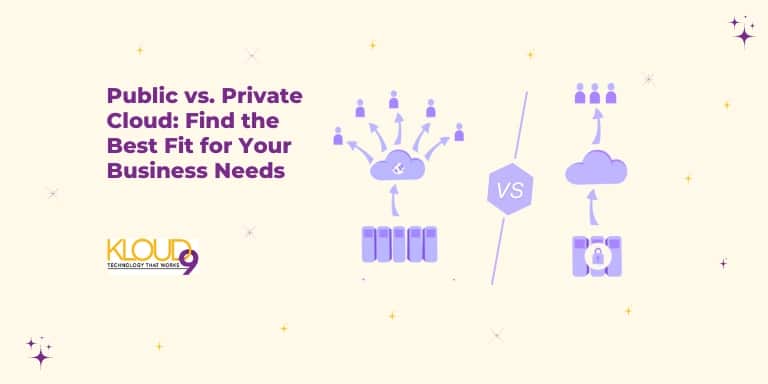
As businesses increasingly turn to cloud computing to meet their IT needs, the decision between using a public cloud or a private cloud becomes a critical consideration. Both options offer unique advantages and disadvantages, and the choice depends on factors such as cost, security, scalability, and control.
Benefits of Microsoft Office 365 for Small Businesses
Cloud Security: Navigating the Risks and Opportunities
The Evolution and Impact of Cloud Computing in the Digital Age
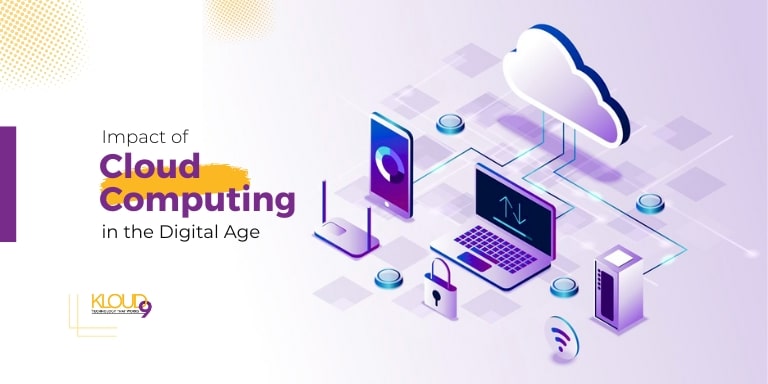
Cloud computing is a transformative force in the digital age, where data has become the cornerstone of innovation and efficiency. From its humble beginnings to its pervasive influence across industries, the evolution of cloud computing has reshaped the way businesses operate and individuals interact with technology.

